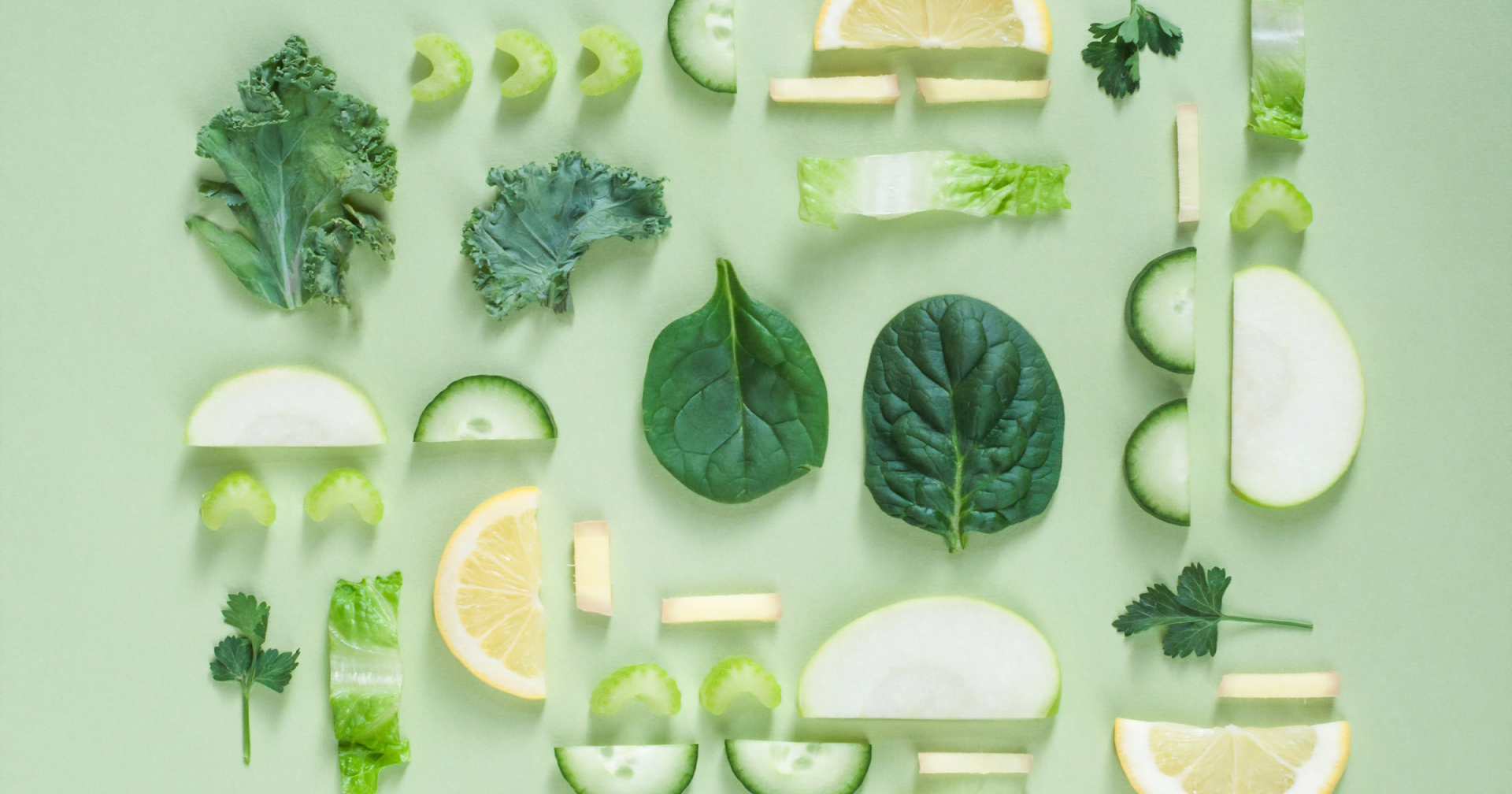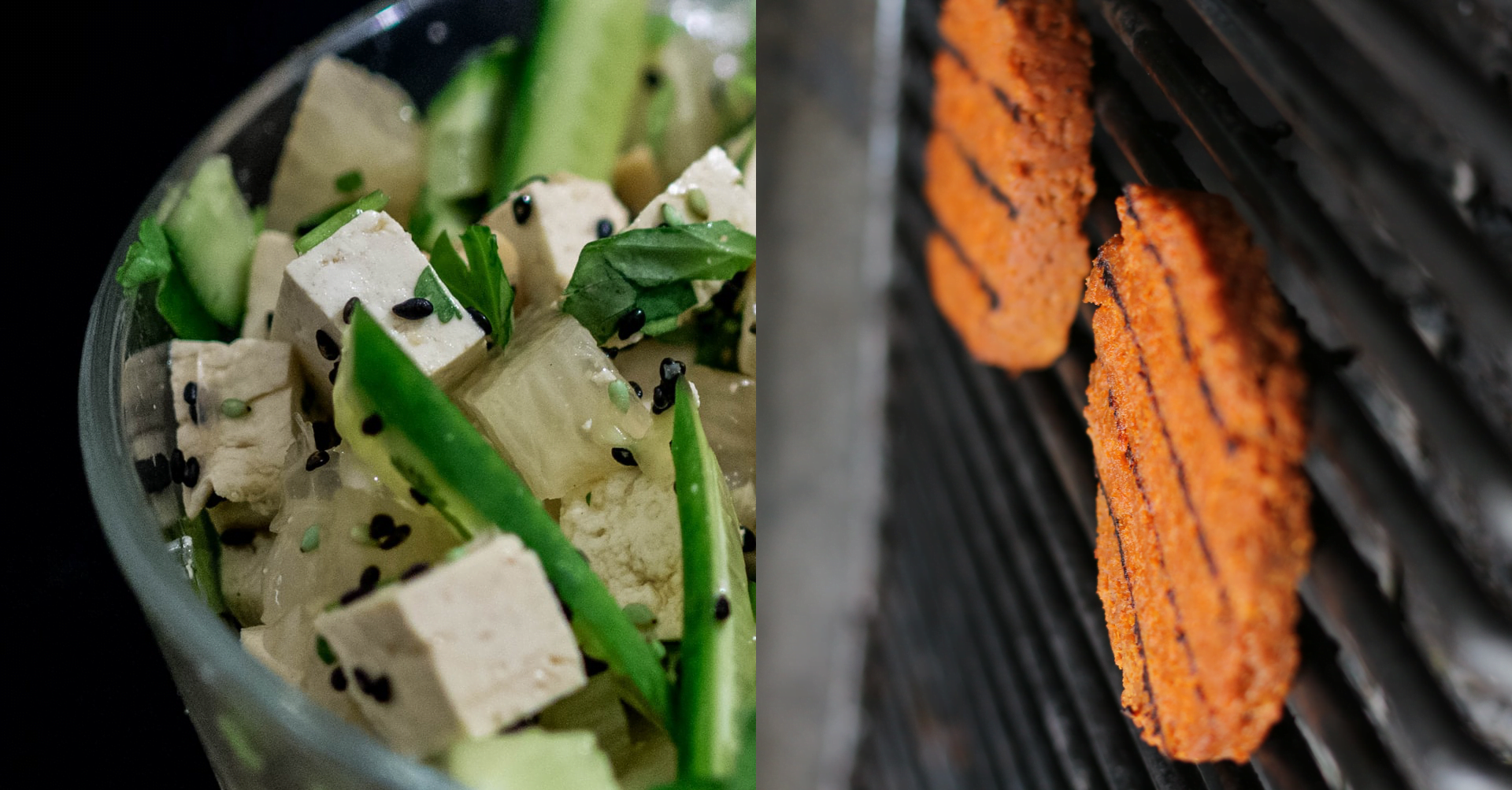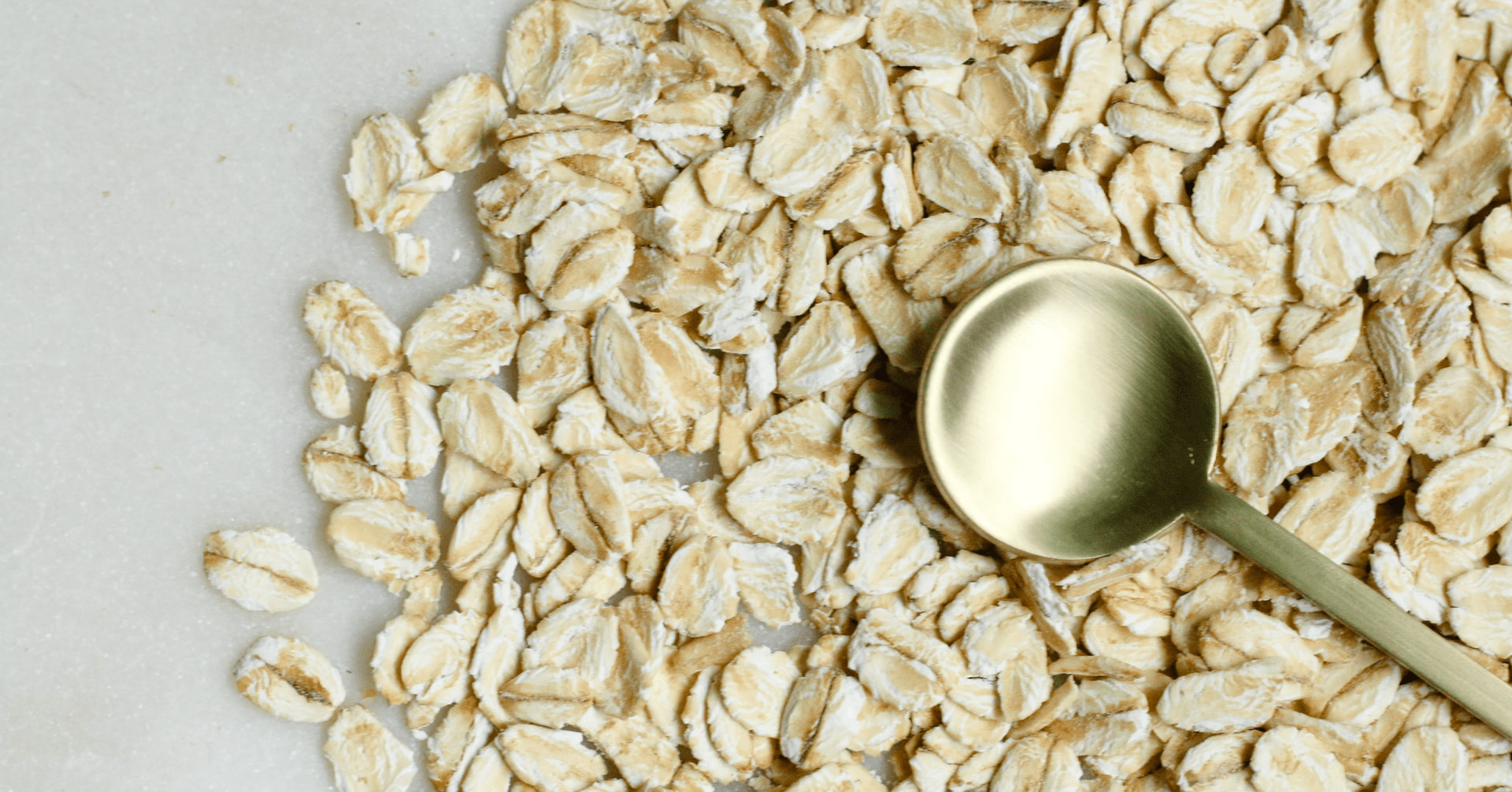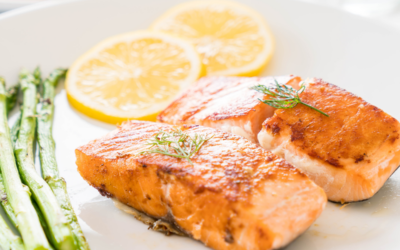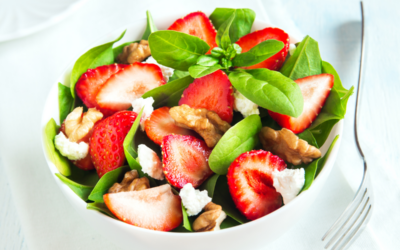The number of vegetarians in the world increases every day. People are getting interested in becoming vegans and curtailing their intake of animal products. Going veg first is an easier route to ease into going full vegan, but either way, they might be looking to make the change due to health, animal welfare, or religious beliefs.
There are a ton of benefits to going vegetarian. But unfortunately, obtaining protein might be difficult for folks who don’t consume meat. Luckily even that can be remedied because there are a ton of great protein sources in plant-based foods. When executed correctly, a vegan diet can assimilate weight loss and muscle growth in healthy ways that will not hurt the body.
Still confused about sources of protein in your vegan diet? This article will provide you with the vital knowledge needed to source out plant-based food filled with protein.
What is Protein?
Protein is a macronutrient that is required for muscle formation. In every diet, protein needs to be incorporated no matter what. The sex and age of individuals differ; therefore, their intake of protein differs per person. Protein is a fundamental aspect of every diet. Every part in the body is made up of proteinous material. Protein is vital for the formation and repairing of cells and tissues in the body.
The skin, muscle, bone, organs, hair, and nails are composed majorly of protein.
Who is a Vegan?
A vegan is an individual whose diet is consistently plant-based. Becoming a vegan implies giving up meat and products gotten from animals. This can be not only eggs and dairy, but also products like honey or anything made from beeswax.
What is a Vegan Diet?
When delving into vegetarianism, a vegan diet is the strictest form of dieting. Becoming a vegan implies giving up all animal products.
A vegan diet is rigidly plant-based; it’s a way of living that seeks to eliminate all kinds of animal exploitation and cruelty as extensively as possible. Vegans do not believe in animal cruelty. They believe animals should possess the right to live and be free from human usage, which is why a vegan diet forbids foods obtained from any animal, including dairy and eggs, and even products made from animal products. Cutting out eggs, dairy, and products made of animal product is how a vegan differs from a vegetarian.
Sources of Vegan Protein
When considering the journey of being a vegan, people are commonly concerned about whether they might lack sufficient protein. However, if a vegan diet is well planned, it can give you all the necessary nutrients you need.
Listed below are some significant sources of protein that do not include meat.
Tofu, tempeh and seitan
These can replace meat, fish, poultry, and eggs in recipes; they are versatile alternatives and are rich in protein. All of the above are plant-based products usually used for meat replacement and great for a quick snack.
Legumes
Legumes provide the body with many nutrients and beneficial plant compounds. Legumes include beans, lentils, and peas. They are great sources of protein for the body.
Nuts and seeds
Nuts and seeds have a shocking amount of protein. They’re harder to incorporate into meals, but great for snacking! Especially when consumed raw and not roasted and/or salted. Keep an eye out for nut-based products, such as butters and milk.
Soy Milk
Soy milk is made from soybeans. It is often a substitute for cow’s milk as it’s rich and creamy. Soy milk is also a versatile product, i.e., you can either drink it, bake with it, or use it for cooking.
Oats and Oatmeal
Oats can be incorporated into your meals as a protein source. They are easy to make and a delicious way of adding protein to your vegan diet. Oats can also be used for baking by grounding them into powder form or using as a crumble. Other ways to use oat include oatmilk, oatmeal, and overnight oats.
Conclusion
With the right planning, going vegan can be surprisingly seamless and leave you wanting for nothing. Cutting out animal products from your diet doesn’t mean cutting out protein. As discussed in the article above, there are a variety of plant-based proteins to choose from.
Vegan diets have also been known to facilitate weight loss and promote body growth and development when carried out properly. If you’re considering going vegan, talk to a healthcare professional beforehand to get some tips and tricks for maintaining nutrition, and do your research!

